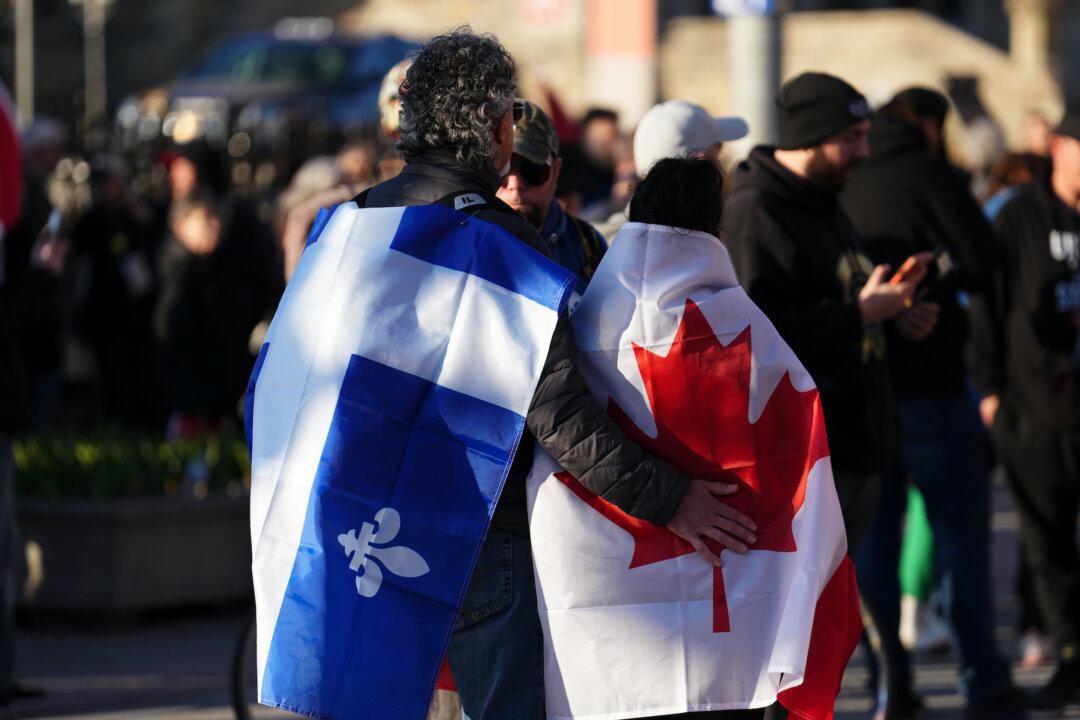Former Reform Party leader Preston Manning says one of the reasons the Liberal government invoked the Emergencies Act to put an end to the convoy protests was because they realized a great portion of the support for the protests came from Quebec, the Liberals’ “home base.”
“I can’t prove this. But it seems to me that politically, the Liberals don’t care if they make a whole bunch of people in Western Canada mad, they’re not going to vote for them anyway. But I think when they started to see this support coming from Quebec, … that worried them to the point where it was probably a factor, that, ‘we better put a stop to this, and the Emergencies Act is a way to do it,” Manning told The Epoch Times.





